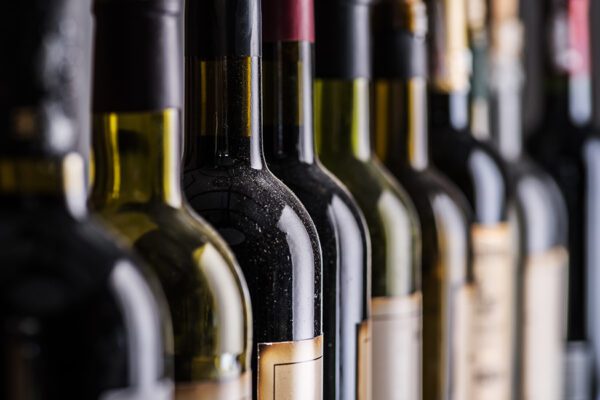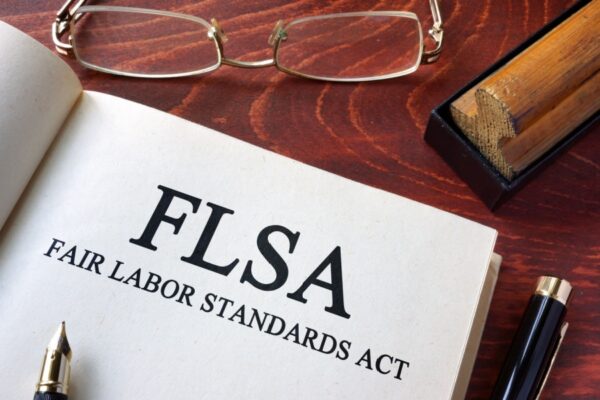Consumer interest in wine has risen sharply across the last decade and a half. Along with it has come a wave of new collectors whose home cellars have accumulated many top-shelf wines awaiting optimal maturity, often representing significant financial investments. Yet, until recent years, no insurance policy was adequate to protect such valuable collections.
Today, several insurance carriers offer tailored valuable collections policies that protect against wine’s unique perils. But they don’t cover every scenario. Here is the quick sip on what is and isn’t covered:
Covered by Most Policies
- Like most valuable articles policies, wine policies include coverage against fire, theft, accidental breakage and water damage.
- They typically also cover mechanical breakdowns of climate control units resulting in harms from temperature or other climate factors. (For example, low humidity can result in dried-out corks, which can develop cracks, allowing air to prematurely oxidize the wine.)
- Wine policies typically also cover damage to labels, because of the significant damage to the market value of a wine with a torn, peeling, stained or water-damaged label. (A wine with no label, usually resulting from water damage, may not be possible to sell at any price.)
Typically Not Covered
- “Ullage,” or the reduction of fill height in an aging bottle of wine—usually resulting from evaporation or leakage through a less than air-tight seal—is not yet considered a standard peril and is unlikely to be covered. Neither are common wine faults such as cork taint or volatile acidity. Likewise, “over the hill” bottles that have simply been aged too long are not considered damaged for insurance purposes.
- Opened bottles (including those sampled using minimally invasive needle devices such as the Coravin) are no longer subject to coverage.
- Natural disasters are typically not covered either. Residents of catastrophe prone areas such as Florida, the Gulf of Mexico or California may be covered against harm from earthquakes, hurricanes or wildfires, but each such risk is underwritten on an individual basis. An annual deductible (usually a percentage of the total coverage amount) might apply to cover such special perils.
Does Insurance Make Sense in My Situation?
If your wine collection is worth $85,000 or more, it almost certainly makes sense to consider insurance. To learn more about your options, call Ken Sidlowski at the Horton Group: (708) 845-3159, or write to ken.sidlowski@thehortongroup.com.
Material posted on this website is for informational purposes only and does not constitute a legal opinion or medical advice. Contact your legal representative or medical professional for information specific to your legal or medical needs.




